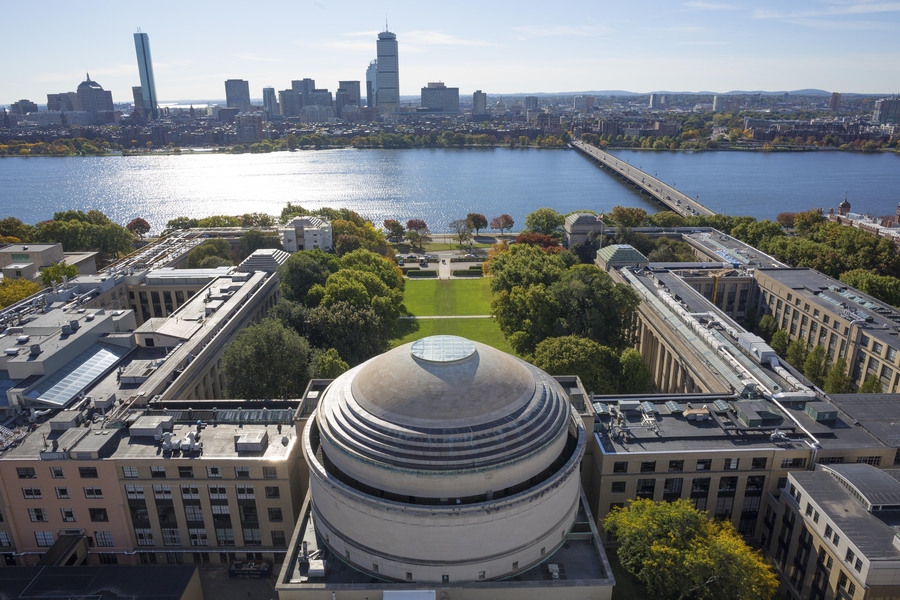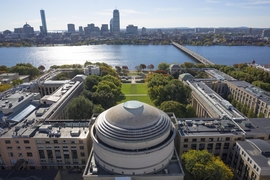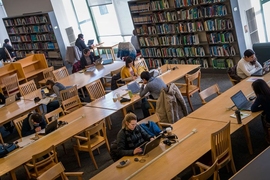The ad hoc task force on open access to MIT’s research has released “Open Access at MIT and Beyond: A White Paper of the MIT Ad Hoc Task Force on Open Access to MIT's Research,” which examines efforts to make research and scholarship openly and freely available. The white paper provides a backdrop to the ongoing work of the task force: identifying new, updated, or revised open access policies and practices that might advance the Institute’s mission to share its knowledge with the world.
Co-chaired by Class of 1922 Professor of Electrical Engineering and Computer Science Hal Abelson and Director of Libraries Chris Bourg, the task force was convened in July 2017 by Provost Martin Schmidt, in consultation with the vice president for research, the chair of the faculty, and the director of the libraries. The group was charged with exploring actions MIT should undertake to “further the Institute’s mission of disseminating the fruits of its research and scholarship as widely as possible.”
“The MIT community has long been at the forefront of sharing knowledge with the world, whether through OpenCourseWare or our campus-wide faculty open access policy,” says Chris Bourg. “The task force is looking to see how we can expand that commitment even further, considering how to share not only scholarly articles and books, but also data, educational materials, code, and more.”
Convening the task force was one of the 10 recommendations presented in the 2016 preliminary report of the MIT Task Force on the Future of Libraries. In addition, the task force has been charged to take up a question raised by the 2013 Report to the President on MIT and the Prosecution of Aaron Swartz, which is whether MIT should strengthen its activities in support of open access to the research and educational contributions of the MIT community. The task force is composed of a diverse and multi-disciplinary group of faculty, staff, postdocs, and graduate and undergraduate students.
Throughout the 2017-18 academic year, task force members consulted widely with domain experts across campus and beyond to develop an understanding of current local, national, and global practices, policies, and possibilities. The first part of the white paper provides an overview of current open access policies and movements in the United States and Europe, examining the ways that different funding models, political structures, and priorities shape how open access is achieved. The second part explores MIT researchers’ approaches to making their publications, data, code, and educational materials openly available.
The task force is in the process of developing a set of draft recommendations across a wide range of scholarly outputs, including publications, data, computer code, and educational materials, and will be gathering community feedback on those recommendations throughout the coming academic year.
The MIT community is invited to offer ideas of new, updated, or revised policies or practices that might further the sharing of the Institute’s research and scholarship as widely as possible. Ideas can be submitted via the task force idea bank, at upcoming community forums (details forthcoming), or via email to the task force.









